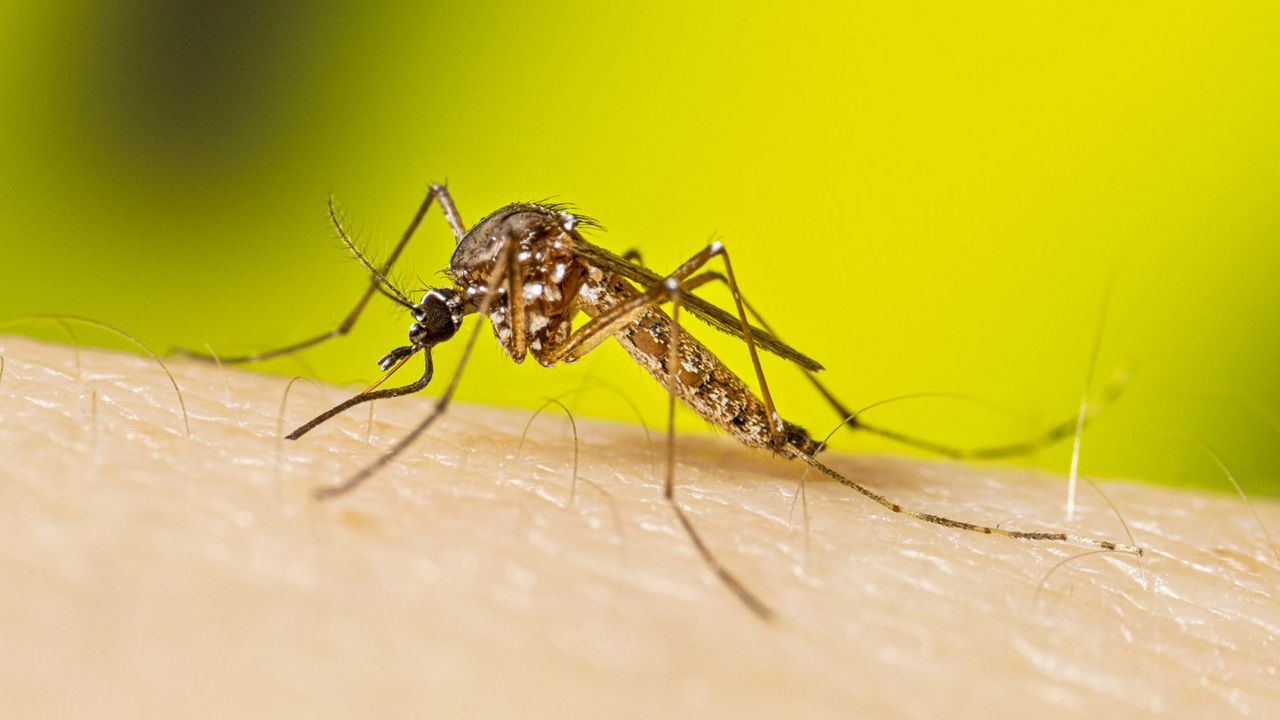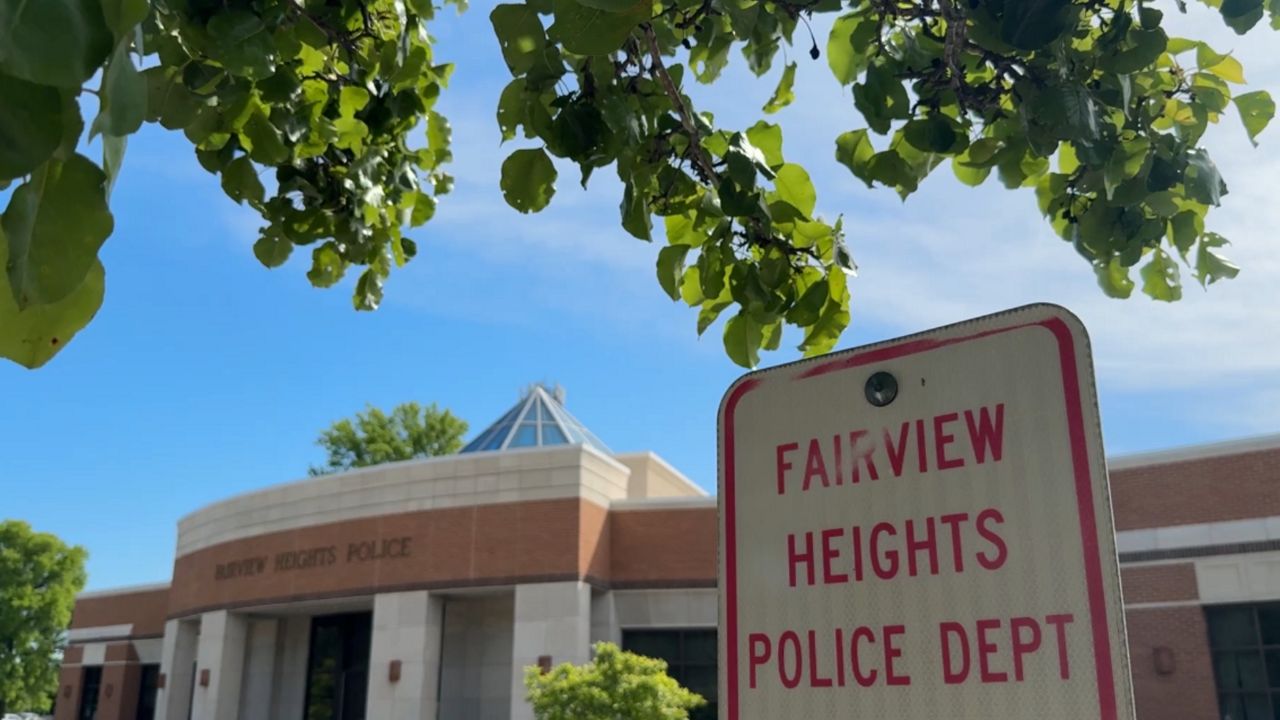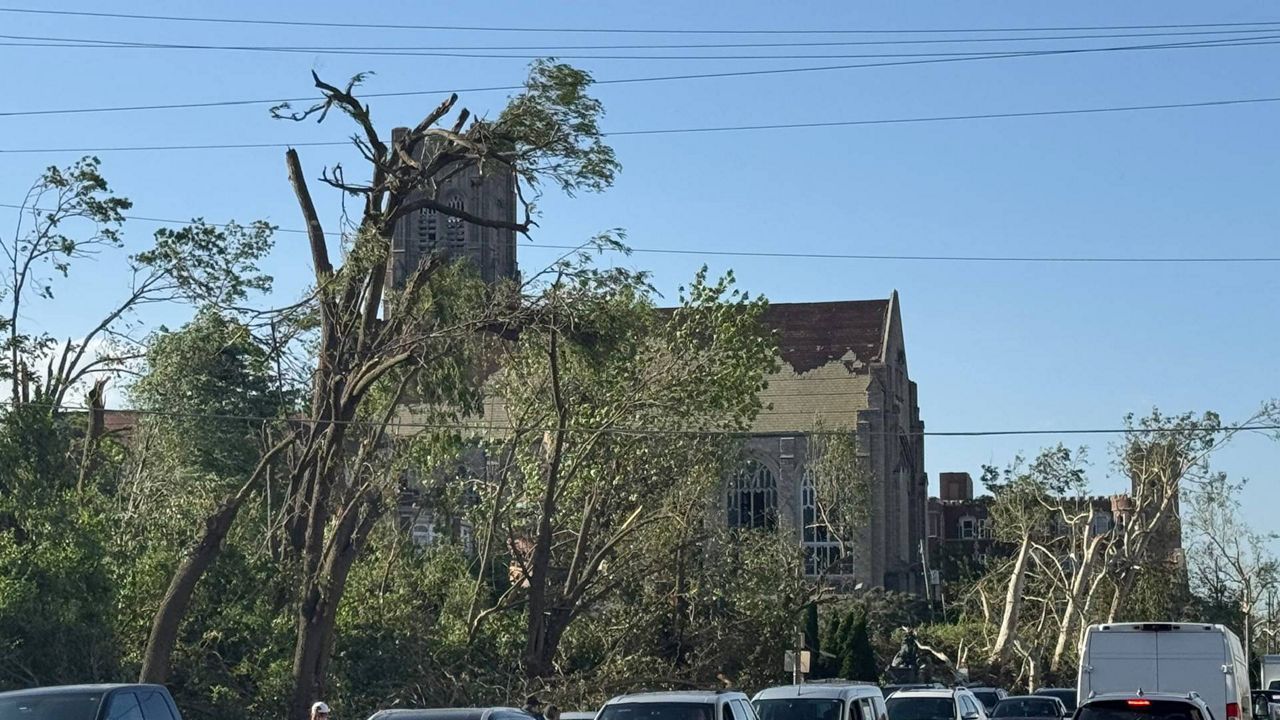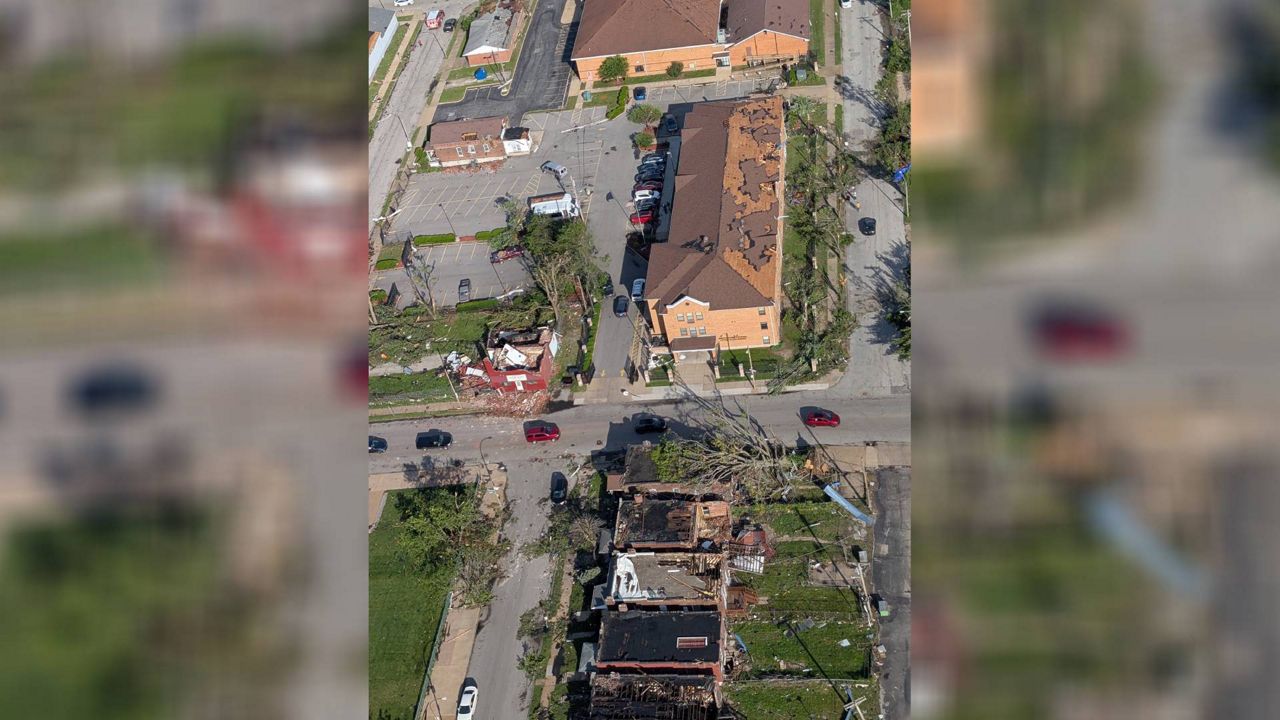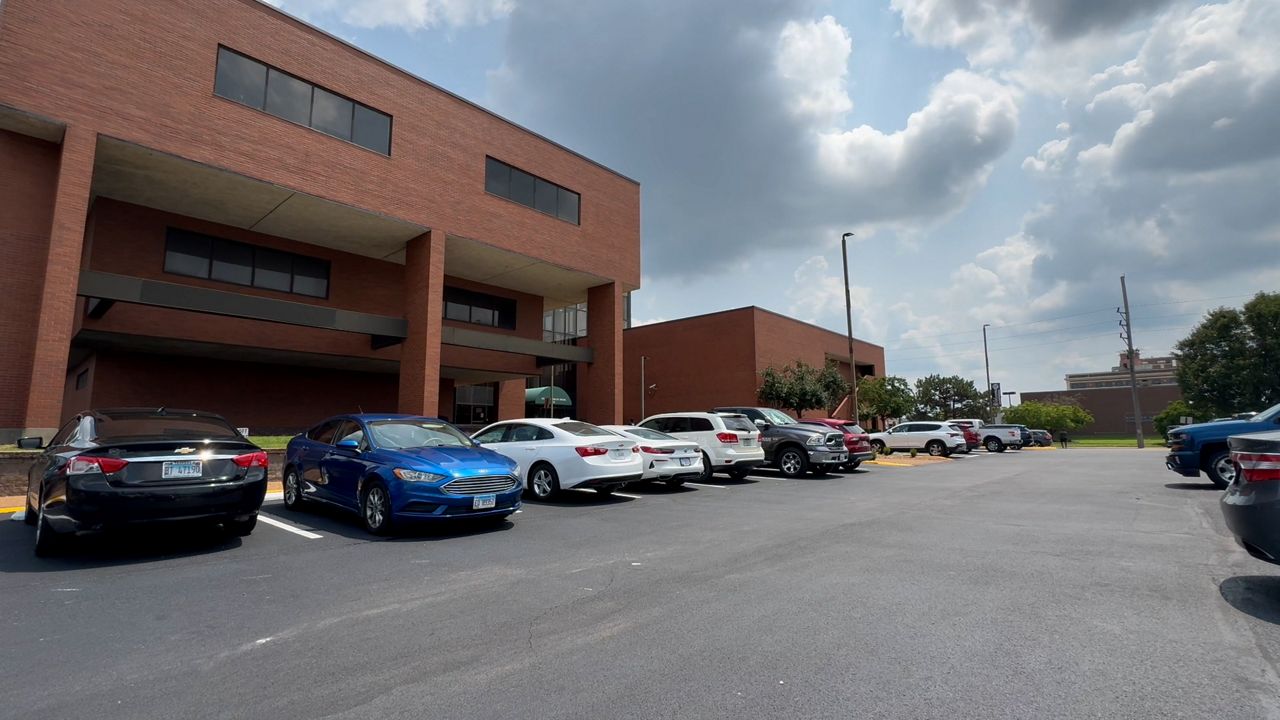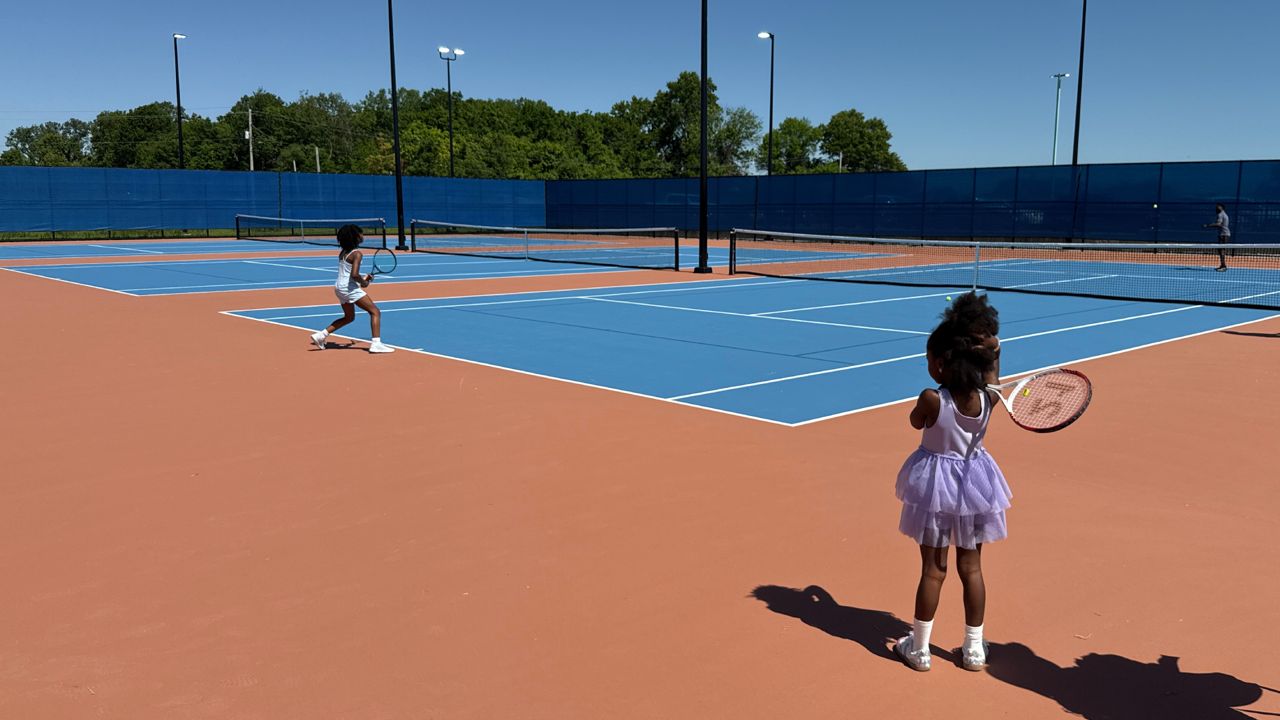ST. LOUIS — As St. Louis is heading into the summer months, those behind Mosquito Alert STL are asking the community to track mosquito hotspots around the region.
Residents can do so by taking photos of mosquitos, bites and breeding sites and uploading them to the Mosquito Alert app. The information gathered by app users is used to help public health agencies identify and control potential disease-carrying species safely and effectively.
The project is a partnership between Saint Louis University (SLU), the Missouri Botanical Garden, and St. Louis City and County Public Health departments. SLU professor Ricardo Wray, Ph.D., and Jean Ponzi with the Missouri Botanical Garden are among the Mosquito Alert STL team.
In addition to tracking mosquitoes, the initiative also is focused on educating people on the biology of mosquitoes, preventing mosquito bites and using ecologically sound control practices, according to Wray.
“One of the things that I've always thought was really powerful about this project is that there's a lot of intersections here with trying to encourage people to support our local public health agencies and engage with our public health professionals in a way that people don't typically do,” he said.
"We all want to prevent mosquito bites, mosquito-borne diseases, and it provides an opportunity to share information.”
Ponzi conducts educational webinars through the St. Louis County Library.
“We're able to educate people about the intersection between different insect issues, different public health, different disease, different protect yourself, ecological practice issues,” she said.
“The more people know, the better we can respond in a way that is sensible for us, sensible for pollinators and makes good economic sense.”
Originally piloted in Spain eight years ago after an outbreak of the Zika virus, St. Louis was first the U.S. city to launch the free Mosquito Alert app locally.
Since then, Wray and students are analyzing data received from some community members on their knowledge of mosquito prevention and control, vectors, perceptions about environmental awareness and ecologically sound mosquito control and their role as a citizen scientist.
The goal is to see how this type of communication and education work best for achieving goals to protect the public’s health.
Wray mentioned that Mosquito Alert STL additionally is working to strengthen and grow its partnerships, communication strategies, social media platforms and materials for community outreach.
“The more we have those partnerships, the better people can talk to each other and have the facts about mosquito reproduction and mosquito control and be better neighbors to one another and to insect populations,” Ponzi said.
The Mosquito Alert STL team will be at the annual Green Living Festival June 7 at the Missouri Botanical Garden.
To learn more about Mosquito Alert STL, visit the organization’s website.
